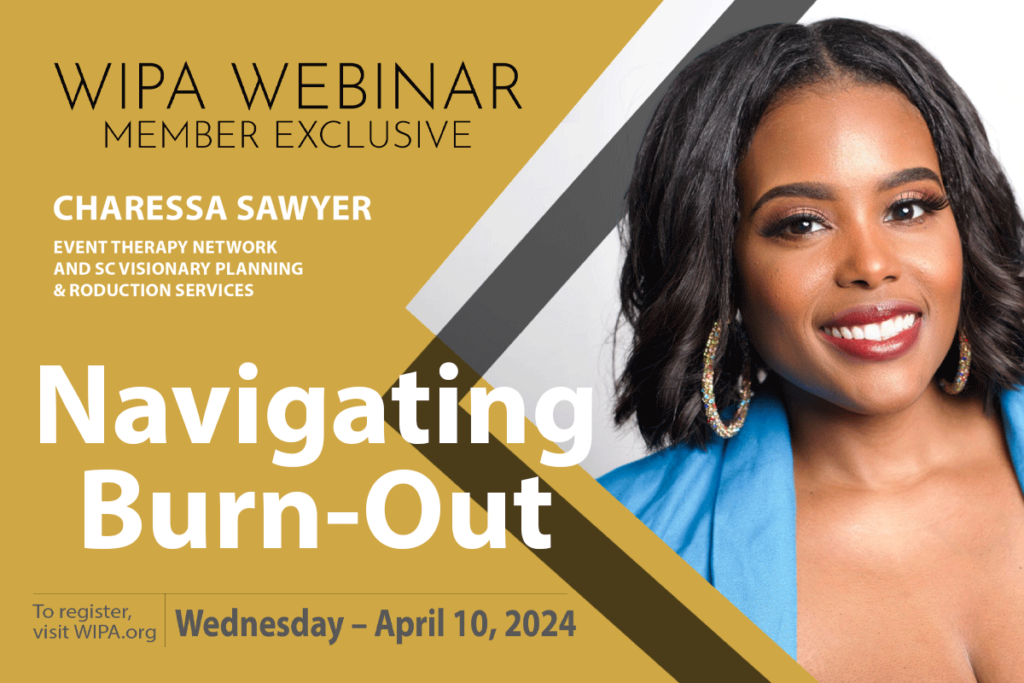Implementing Upcharges Smartly (Without Being Salesy)

There isn’t a business owner in the world that would turn down an opportunity to increase revenue from every sale. Yet, not many take advantage of the chance to upsell — even when it’s right in front of them. Some may not recognize it whereas others may feel uncomfortable pushing an upcharge, but a simple adjustment to one’s mindset is all it takes to start building profit without putting off your clients.
First, let me be clear: Upselling is not the same as overcharging. Overcharging a client means you are accepting more money than the value you provide. Upselling, on the other hand, is when you provide additional value for additional profit. You aren’t nickel-and-diming anyone; you’re simply adding more items to an order.
For example, a venue may boost revenue by offering rental equipment, floral design, and other services that help the client save the time and money of going elsewhere. A designer might consider offering event branding and stationery services, as long as they fit in their skill set. Diversifying revenue streams within your business tends to be a more efficient way to boost increase your bottom line than selling and booking a new client.
If you’re not upselling yet, it’s time to maximize your business’ offerings to make the most out of every client — and enhance their experience by checking off additional boxes on their to-do list. Here are a few considerations to help you determine the best routes to build in options for add-ons and see your profits grow.

Make sure you’re ready.
Taking on more than you can handle is a recipe for burnout and disappointed clients. Don’t expand your offerings if you’re not prepared to manage the extra work because you will end up stretching yourself too thin. Evaluate your existing processes and determine where your workload currently stands. Then, build new offerings on slowly — one at a time to ensure you can handle the added capacity. Listen to your clients. Your clients are the single most valuable source of feedback for your business, so don’t take their comments lightly. Keep your ears open for the products or services that they want or are giving them trouble; then, figure out whether you can introduce them into your company. If you’re open to trying something new, spend some time exploring and learning before making it an official offering. You need to be confident in your ability to provide top-notch quality before you can sell it, so focus on practicing first. Get comfortable saying “no.” There may be certain products and services that your clients ask you for, but are not in your wheelhouse.
Don’t be afraid to say so!
If you’re a designer that has no interest in day-of coordination, be honest and provide referrals when available. It’s your business; you don’t have to do anything you don’t want to do, even if you think it will make you more money. Extra revenue is nice, but it’s not worth tying yourself to something you don’t enjoy. Plus, when you’re transparent with clients about what you will and will not do, it builds trust that you’re not just out to get their checkbooks.
Plan your sales approach.
Presenting add-ons and upgrades requires a consistent sales approach that details the value your clients will get from paying a little more. Lay out all of your products and services from the start, including any a la carte offerings. When you go to a restaurant, you don’t want to be limited to seeing their most popular dishes — you want to see the full menu before you order. Your clients may not bite on your upcharges right away, but you can continue revisiting them over time to see if their interest picks up. In many cases, hesitation is due to financial restraints, so they may feel more comfortable adding services once they’ve paid off their deposits. Once you get comfortable with upselling, you’ll find that you’re actually decreasing your workload without losing any profits. By earning more revenue from each client, you can commit more of your time and energy to every project, ultimately improving the client experience and increasing your chances of getting positive reviews and referrals.
Dixie Bagley is the owner of The Farm in Rome, Georgia – a European farm estate with lodging set in the northwest Georgia mountains. The venue focuses on working with couples who want to give their guests a relaxed but thoughtful countryside weekend wedding experience. Having been in the wedding industry for 12 years, Dixie is a master of multi-tasking and wants to make everyone feel at ease. Dixie is an active entrepreneur in the wedding industry. In addition to owning and operating a venue, she also owns The Sweet Bar Bakery, Tillman Hangar, Dixie Events Planning and Business Consulting, and she holds a degree in exercise science from the American Council of Exercise and is launching her new initiative, The Southern Wedding Collective.




